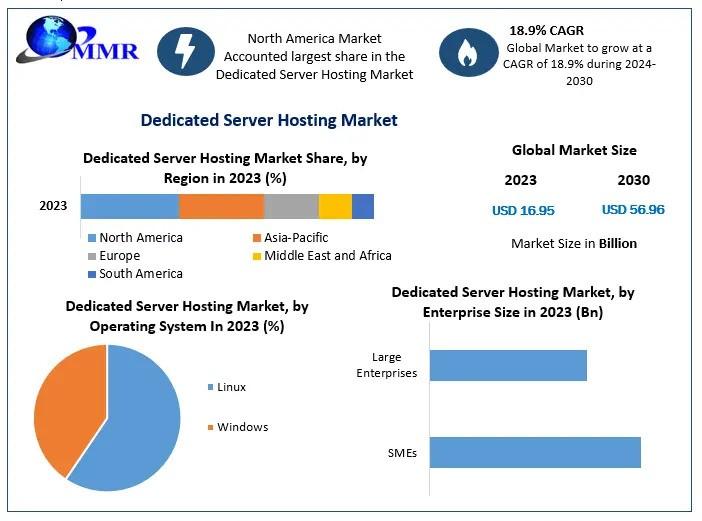
As technology has evolved, the term ‘server’ has evolved with it. Today, you will see ‘server’ used in many different forms from virtual server to web server.
So, what is a dedicated server?
Well, the name says it all. A dedicated server – also referred to as a dedicated bare metal server – is a physical, single-tenant machine dedicated to a single user or client, company or application.
Being ‘dedicated’ means the server is rented to you in its entirety—none of it is split or shared with other users or customers. It is solely dedicated to your use.
In this blog, we’ll look in more detail at what makes up a dedicated bare metal server, the advantages of a dedicated server and how to decide if it’s the right type of server for your business.
What makes up a dedicated server?
At its core, a dedicated server is just a form of computer. The main difference between any type of computer (laptop, watch, phone, smart fridge) is the form factor (the physical space that a device takes up).
What’s unique about servers – compared to other computers – is that the form factor is standardized. Laptops, for example, are categorized by the size of the screen. The form factor of a server today is categorized using the term U, which stands for units and represents the height of the server.
So, when you buy or rent a bare metal server, you can select anything from a 1U server, all the way to 48U. The smaller number U, the smaller the server. Most people or businesses will only require a server between 1U and 3U.
Similarly, the racks in which dedicated bare metal servers are housed, also come in Us. The most common server rack sizes are 42U or 47U but they are also often available in 40U and 55U. Again, the number represents the physical height of the rack and the higher the number, the taller the rack.
The size of the dedicated server determines the number of components that can go into that server. Smaller 1U servers are less powerful because they have less space to accommodate components, including those needed for cooling. 2U servers are more powerful and are therefore physically bigger to allow for more space, air,and cooling.
What are the advantages of a dedicated server?
Being ‘dedicated’ means a server is rented to you in its entirety—none of it is split or shared with other users or customers.
The benefit of this is that you have full and exclusive access to the underlying hardware; giving you complete control over the specification and set up of the server.
This control, as well as the ability to harness the full power of your own dedicated bare metal server has a number of key advantages, including:
No noisy neighbors
A shared server environment can have its benefits, particularly from a cost perspective if you are a startup. However, it also comes with a noisy neighbor problem.
Customers in a shared environment share the server resource with others. There are a few issues with this as these example scenarios demonstrate:
-
One of the other clients that shares your server suddenly gets busy and requires a much greater percentage of the resources. You are then left with access to much less server resource than you had before, which could cause issues with delivery of service to customers.
-
Another client on your server downloads a virus to that server or gets hit by a DDoS attack. When this kind of incident occurs, it’s not just that client who is impacted but every client on that server.
The next advantage of having your own dedicated bare metal server is closely tied to eliminating noisy neighbors.
Stable performance
Ensuring consistency of service and experience for customers is crucial for any company. The reliability of your infrastructure is a key component of delivering that consistency to your customers.
As mentioned above, dedicated bare metal servers offer more stability and reliability for your application because the server resources aren’t being shared with anyone else. You are not at the mercy of other people’s mistakes or resource demands.
Let’s take a look at how the stability of dedicated bare metal compares to a shared environment:
https://www.servers.com/news/blog/what-is-a-dedicated-server






